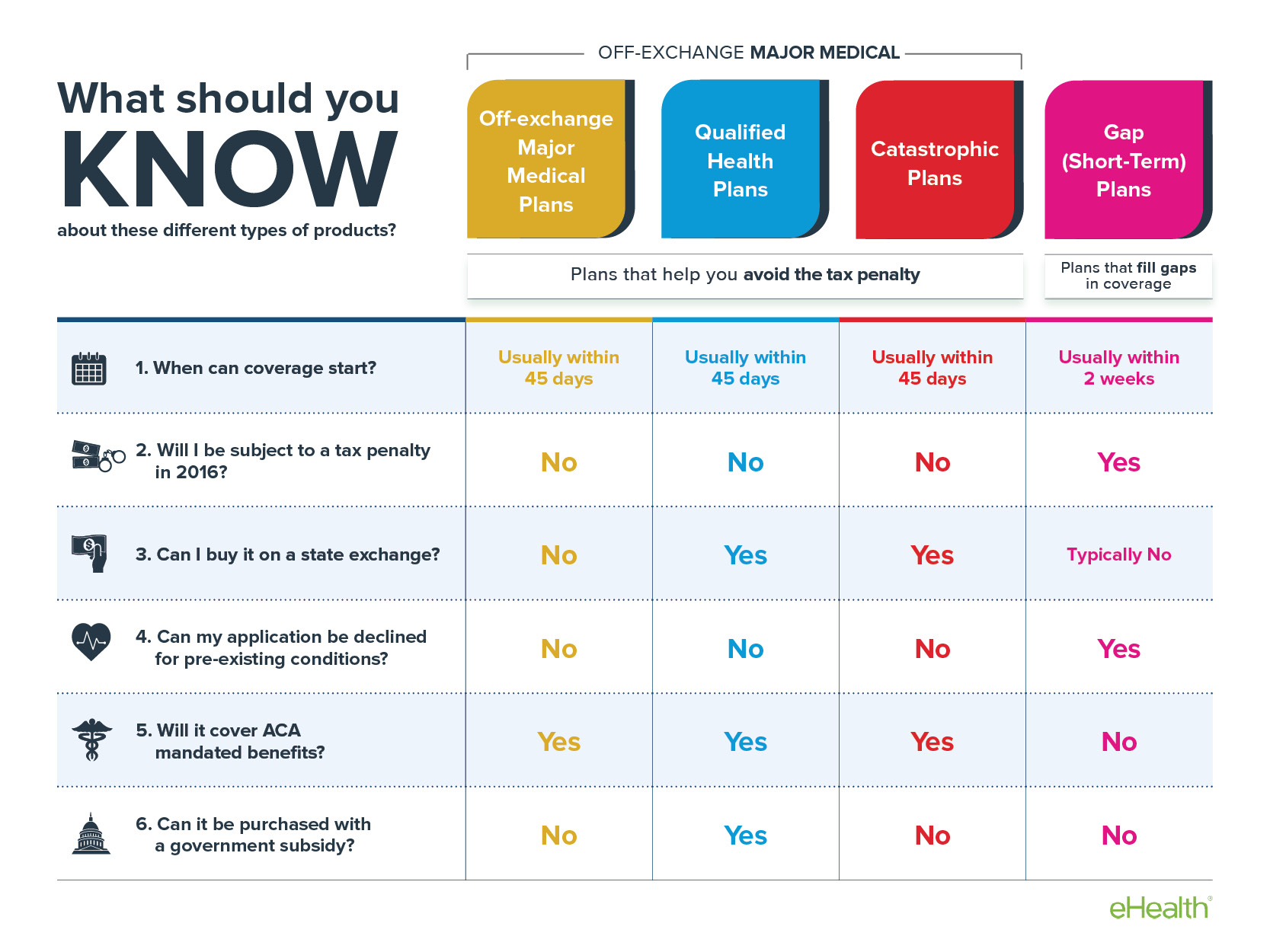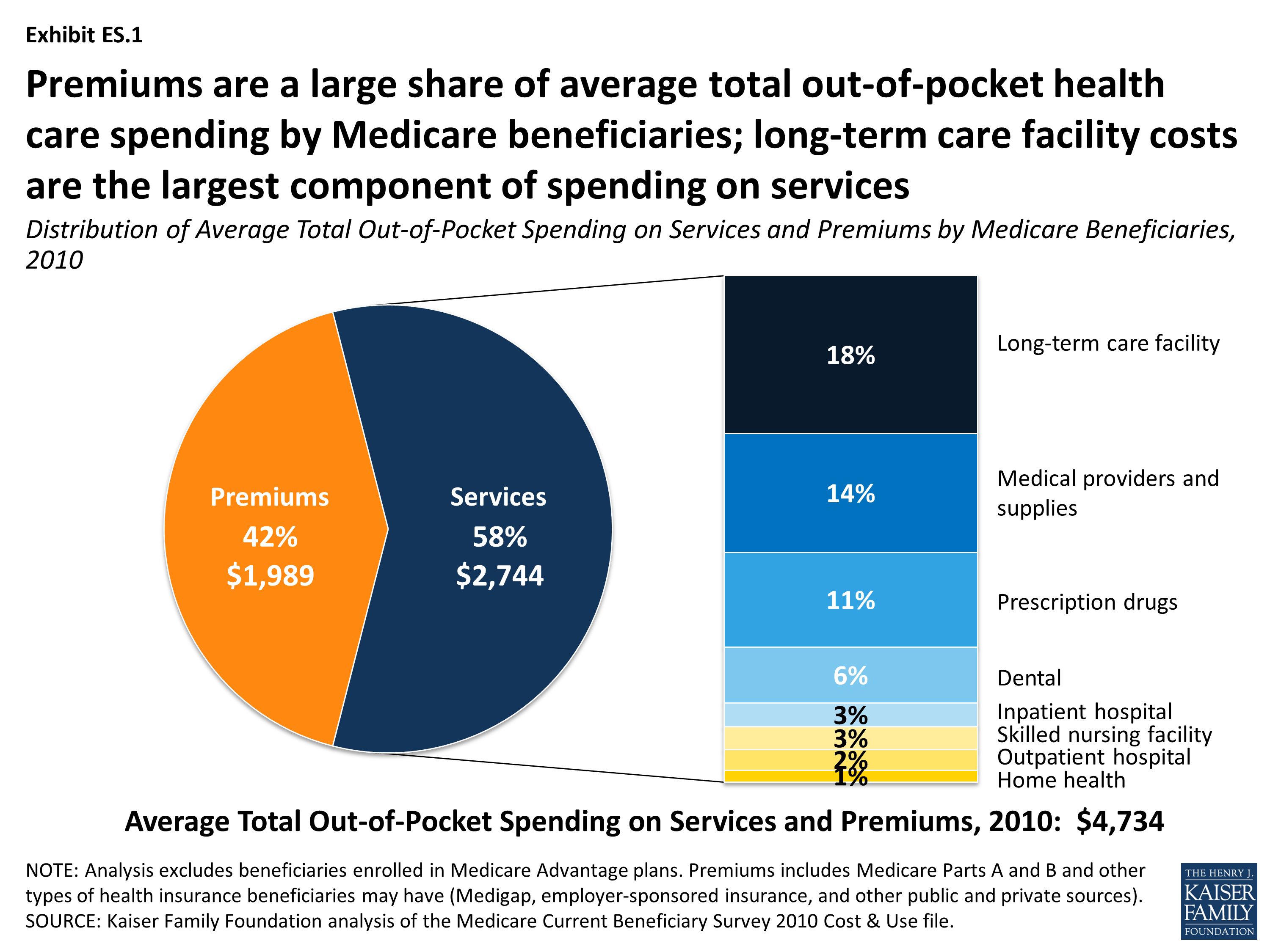The population of Tamil Nadu https://goo.gl/maps/3F4SyQxE3rRTWzFu6 has considerably benefited, for instance, from its splendidly run mid-day meal service in schools and from its substantial system of nutrition and healthcare of pre-school children. The message that striking rewards can be gained from major attempts at institutingor even moving towardsuniversal healthcare is tough to miss.
Maybe most notably, it means involving females in the delivery of health and education in a much larger way than is typical in the establishing world. The concern can, however, be asked: how does universal health care become cost effective in poor countries? Indeed, how has UHC been afforded in those nations or states that have run against the extensive and established belief that a poor country must first grow abundant prior to it is able to fulfill the costs of health care for all? The alleged sensible argument that if a nation is bad it can not offer UHC is, nevertheless, based on crude and malfunctioning economic reasoning (how to take care of mental health).

A poor country might have less money to invest on health care, but it also requires to invest less to supply the exact same labour-intensive services (far less than what a richerand higher-wageeconomy would need to pay). Not to take into consideration the ramifications of big wage differences is a gross oversight that distorts the conversation of the cost of labour-intensive activities such as healthcare and education in low-wage economies.
Offered the hugely unequal distribution of incomes in lots of economies, there can be severe ineffectiveness as well as unfairness in leaving the circulation of health care totally to individuals's particular capabilities to purchase medical services. UHC can cause not just greater equity, however likewise much larger overall health achievement for the country, considering that the remedying of a number of the most quickly curable diseases and the avoidance of easily avoidable disorders get overlooked under the out-of-pocket system, since of the inability of Drug Rehab Center the bad to pay for even really primary health care and medical attention.
This is not to deny that fixing inequality as much as possible is an important valuea topic on which I have composed over lots of years. Reduction of economic and social inequality likewise has important importance for good health. Definitive proof of this is offered in the work of Michael Marmot, Richard Wilkinson and others on the "social determinants of health", showing that gross inequalities damage the health of the underdogs of society, both by undermining their way of lives and by making them prone to hazardous behaviour patterns, such as smoking cigarettes and excessive drinking.
Health care for all can be executed with comparative ease, and it would be a pity to postpone its achievement until such time as it can be integrated with the more intricate and tough goal of removing all inequality. Third, lots of medical and health services are shared, instead of being solely utilized by each specific individually.
A Health Care Professional Is Caring For A Patient Who Is About To Begin Taking Isoniazid Fundamentals Explained

Healthcare, thus, has strong components of what in economics is called a "cumulative excellent," which typically is very inefficiently allocated by the pure market system, as has actually been thoroughly talked about by financial experts such as Paul Samuelson. Covering more people together can sometimes cost less than covering a smaller sized number separately.
Universal protection avoids their spread and cuts costs through much better epidemiological care. This point, as used to specific areas, has been acknowledged for a long time. The conquest of upsurges has, in reality, been attained by not leaving anyone unattended in areas where the spread of infection is being tackled.
Right now, the pandemic of Ebola is causing alarm even in parts of the world far away from its place of origin in west Africa. For example, the US has taken many expensive actions to prevent the spread of Ebola within its own borders. Had actually there been reliable UHC in the nations of origin of the illness, this problem might have been mitigated and even gotten rid of (how much does medicaid pay for home health care).
The estimation of the supreme economic costs and benefits of healthcare can be an even more complicated procedure than the universality-deniers would have us think. In the absence of a reasonably well-organised system of public health care for all, many individuals are affected by expensive and inefficient personal healthcare (what is health care). As has been evaluated by many financial experts, most especially Kenneth Arrow, there can not be an educated competitive market equilibrium in the field of medical attention, since of what financial experts call "asymmetric info".
Unlike in the market for lots of commodities, such as shirts or umbrellas, the purchaser of medical treatment understands far less than what the seller the doctordoes, and this vitiates the performance of market competitors. This applies to the market for medical insurance also, since insurance provider can not completely understand what clients' health conditions are.
And there is, in addition, the much bigger issue that personal insurer, if unrestrained by regulations, have a strong monetary interest in omitting clients who are taken to be "high-risk". So one way or another, the federal government needs to play an active part in making UHC work. The issue of asymmetric details uses to the shipment of medical services itself.
Excitement About How Does Universal Health Care Work
And when medical workers are scarce, so that there is not much competitors either, it can make the predicament of the buyer of medical treatment even worse. In addition, when the service provider of healthcare is not himself skilled (as is frequently the case in numerous nations with deficient health systems), the circumstance ends up being even worse still.
In some countriesfor example Indiawe see both systems running side by side in various states within the nation. A state such as Kerala provides relatively trustworthy fundamental healthcare for all through public servicesKerala pioneered UHC in India several decades back, through extensive public health services. As the population of Kerala has actually grown richerpartly as an outcome of universal health care and near-universal literacymany individuals now pick to pay more and have additional personal healthcare.
In contrast, states such as Madhya Pradesh or Uttar Pradesh offer abundant examples of exploitative and inefficient healthcare for the bulk of the population. Not remarkably, people who reside in Kerala live a lot longer and have a much lower incidence of avoidable health problems than do people from states such as Madhya Pradesh or Uttar Pradesh.
In the absence of methodical look after all, illness are frequently enabled to develop, that makes it much more costly to treat them, often including inpatient treatment, such as surgical treatment. Thailand's experience plainly reveals how the need for more pricey treatments might go down dramatically with fuller protection of preventive care and early intervention.
If the improvement of equity is among the rewards of well-organised universal health care, enhancement of effectiveness in medical attention is definitely another. The case for UHC is often ignored since of insufficient appreciation of what well-organised and economical health care for all can do to enrich and enhance human lives.
In this context it is likewise needed to keep in mind an important pointer included in Paul Farmer's book Pathologies of Power: Health, Person Rights and the New War on the Poor: "Claims that we reside in an age of restricted resources fail to discuss that these resources happen to be less limited now than ever before in human history.